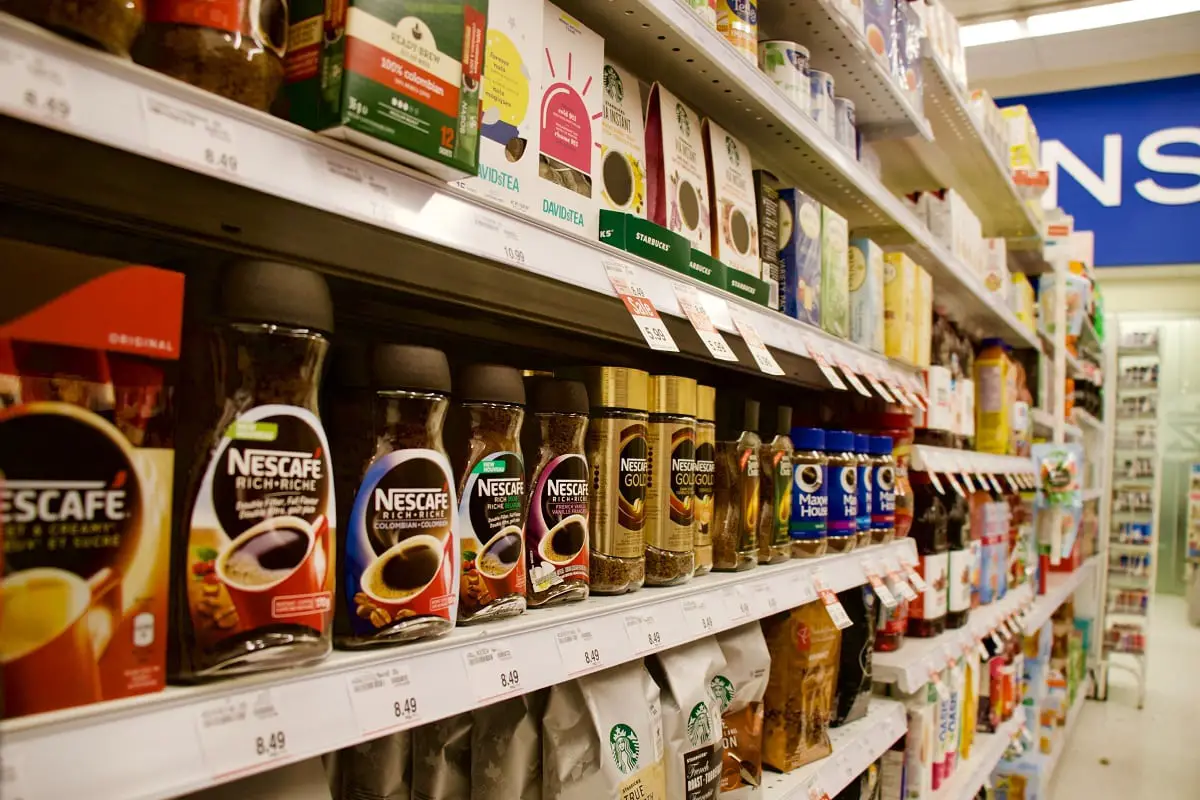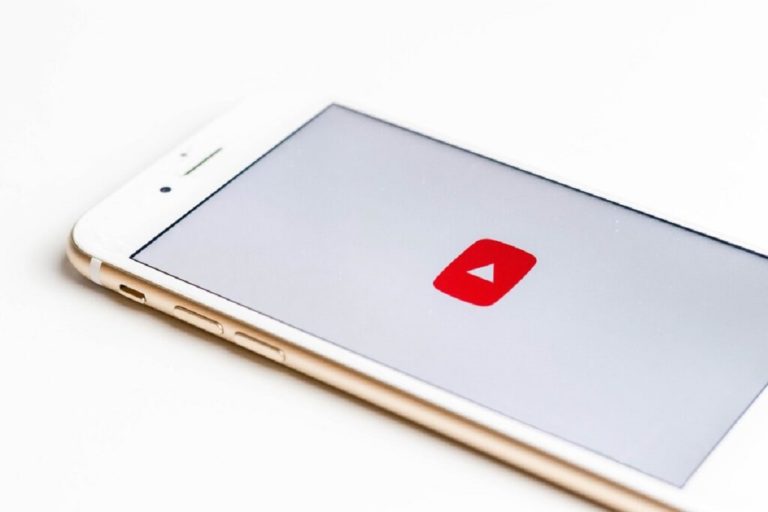Channel Marketing
One of the most underrated forms of marketing is that of channels or intermediaries. This form of promotion is often overlooked or ignored but can substantially affect the success of a business.
Channel marketing is often confused with marketing channels. Although we use marketing channels to promote products, channel marketing is different from marketing channels such as email and social media used to increase reach and engagement. This article will explore what channel marketing is, how you can use it to promote a business successfully, and why you should consider using channel marketing.
What is channel marketing?
Channel marketing is essentially when you use other people to promote your products for you- it’s all about making the right connections and building relationships with others to increase visibility.
Channel marketing is a form of direct marketing where you promote your products or services through distribution channels. It involves using intermediaries that are not under the manufacturer’s control, such as retailers and wholesalers, to reach final consumers. Channel members may be either value-added resellers (VARs) or merchants who sell goods for other companies at retail prices. They can also be distributors that operate in many markets but don’t have their own brands and produce no end product.
Channel marketing is an integral part of modern business because it enables producers to lower costs and take advantage of economies of scale by distributing products through larger numbers of intermediaries rather than selling them directly on their own websites or stores. The increased variety this brings to customers can also improve sales.
Several manufacturers do not sell products directly to their end customers, so they use a distribution channel to reach them. This distribution channel can be a retail store or trade show. You can apply channel marketing to products, services, or even ideas.
Channel marketing involves several organizations, people, and activities to distribute goods from manufacturers to customers. You are using channel marketing when you employ a third party to bring your products or services to market. Channel marketing is a strategy that can work for both large and small businesses and different industries.
A company relies on its channels, such as its sales representatives and website, to promote its products. However, they also rely on resellers, affiliates, dealers, agents and other distribution partners to sell their products. These partners are channel partners.
Benefits of Channel Marketing
Cost-effective: Channel marketing can be efficient and cost-effective. Your partners have an audience and reach, which allows your company to tap into their audience. For example, you don’t have to hire as many employees who promote your product because channel partners function as extensions of your company.
Increases trust: Your channel partners have already established trust with their audience. It will be easier to get that goodwill and customer confidence when you promote your product through them. This trust will translate into new customers and increase your sales. If a customer sees that your product is sold by someone they trust, it could increase the likelihood of purchasing from you or even considering your company for future purchases.
Increases marketing campaigns: Your channel partners will help you with your marketing campaigns. This could be as simple as helping to spread the word about a sale or promoting a new product launch, but it can also extend to running marketing campaigns on your behalf.
Increases your brand recognition: Having various channel partners will ensure that you are visible to more people. A wider distribution means you will reach more people and increase brand recognition.
Builds relationships: successful channel marketing strategy will increase your reach and visibility while simultaneously building relationships.
What are the different types of channel marketing partners?
Channel marketing partners are the different parties involved in a channel marketing campaign. They include your own brand, influencers and affiliates who create content for you, as well as all of the other brands that have partnered with yours to give exposure to one another’s products or services.
1. Reseller Partnerships
Resellers buy the products from you and then resell them at a higher price. The benefit of this strategy is that it eliminates the need for upfront capital and inventory, which can be expensive to maintain over time. The downside is that your company will not earn any profit from the sale until the product has been sold twice – once by you and again when the manufacturer sells to the customer for a marked-up price.
Resellers are typically registered businesses or individuals who buy goods and services to profit from the sales. Resellers may serve as the physical distribution channel for your products if it is challenging to be a direct seller in specific markets. This could be because of distance, language barriers, transportation constraints (e.g., rural communities), government-imposed trade barriers, or other legal and regulatory restrictions. They can also deliver additional value by combining related products or by repackaging.
To make a profit, resellers have to adjust the price of products, and usually not far off from the manufacturer’s suggested retail price. Reselling works well for both in-store and online retailers.
Resellers can also remove your branding and sell it as their product. This helps promote their brand, while you will still get a percentage off each sale. For example, Amazon resellers buy products and sell them on Amazon.
2. Affiliate Partnerships
Affiliates are individuals or businesses that promote a company’s products on their own site. A website owner might have an affiliate link posted in the sidebar, and when people click through to purchase something from the company, they get rewarded with commission off of each sale.
An added benefit for affiliates is that they can profit from advertising revenue without actually selling any product themselves. Affiliates can also include bloggers who post product reviews and links to the company’s website.
When it comes to marketing channels, affiliate partners are one of the most powerful tools because they offer high-level credibility from an outside source.
3. Alliance Partnerships
Alliance partnerships are partnerships with related businesses or organizations that are not direct competitors. Alliance partners can help out with a company’s marketing efforts, or they may be able to provide resources for a product that the business isn’t providing.
For example, if you own an ice cream shop but don’t sell cones because of lack of space in your store, you might approach a cookie company to partner with you in selling cones.
4. Referral Partnerships
Referrals are partners who are not affiliated with the company but have a relationship of trust that enables them to be an effective promoter. They refer customers to products and services, which can be a win-win for both companies.
Referral Partnerships are common in the travel industry. Airlines partner up with hotels to provide customers with deals or special offers when booking their flight through the airline website.
Challenges in channel marketing
Channel marketing is not without challenges, which include:
Difficulty monitoring the success of your campaigns: While a good partner will be dedicated to helping you grow, it can be challenging to know just how successful their efforts have been on behalf of your brand. You don’t have direct access to their analytics, and you will need to rely on their updates.
Lack of expertise: Your channel partner may not have the same level of knowledge in your industry that you do. This can lead to a missed opportunity or lost business regarding customer needs, product offerings, and more.
Lack of advanced marketing strategies: Your channel partner may not have advanced knowledge of marketing strategies. It can lead to missed opportunities for customer acquisition if they don’t know how to market themselves properly online, on social media, or through traditional marketing channels. It is a good idea to work with your partner on building specific campaigns that will be mutually beneficial for both parties.
Lack of control: As with any marketing strategy, the success of your campaign will rely on how well you execute. However, because there are so many players in a channel marketing campaign – including partners and influencers – it isn’t easy to control all aspects of the process.
Final Thoughts
Channel marketing is a popular strategy for businesses that want to reach out to customers on multiple channels. It’s also helpful if you need more sales and don’t have the time or resources internally. However, it can also be challenging. The key is finding the right partners to help you grow and maintain relationships with customers in different channels.






